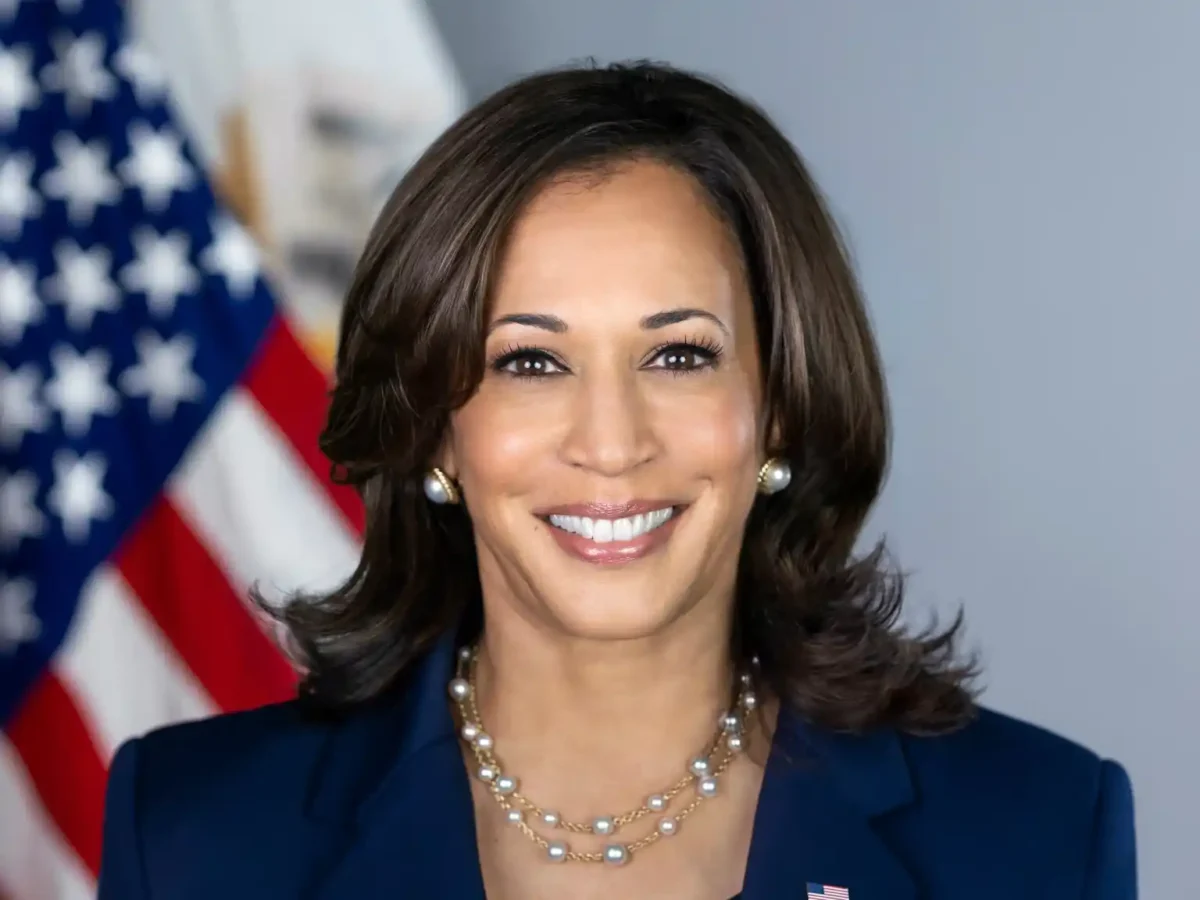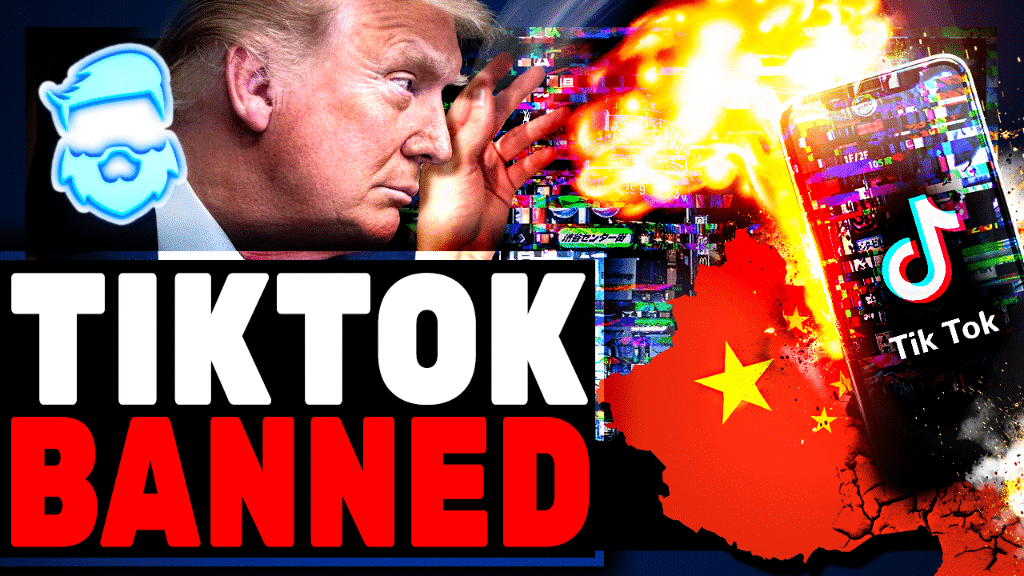Harris broke fundraising records this year, and new campaign finance reports filed with the Federal Election Commission show her billion-dollar campaign raised and spent roughly twice as much as Trump in the final days of the race and the weeks that followed.
The Harris campaign raised $160 million and spent $277 million from Oct. 25 through Nov. 25, the period covered by the new financial reports, while the Trump campaign pulled in $87 million and spent $113 million over that time.
The largest shares of both campaigns’ spending went to media buys and ad production, with the Harris campaign spending $129 million to Trump’s $95.1 million, according to an analysis of expenditures in the new filings.
The Harris campaign spent much more than Trump’s on directly contacting voters, reporting spending a combined $25.4 million on text message outreach, canvassing, phone calls and direct mail. Trump’s campaign spent $3 million on “SMS advertising” and just $1,500 on direct mail printing and posting, underscoring how the campaign outsourced much of its field operation to other groups, including billionaire Elon Musk’s super PAC.

Harris’ campaign also spent a much larger share of its funds on events, racking up at least $45.5 million in payments (17% of its total operating expenses in this report) to pay for event production, audio and visual services, equipment rental, supplies, and event security.
The Trump campaign, meanwhile, reported spending $632,000, or less than 1% of its operating expenditures, on events.
The reports also shed more light on how much Harris’ closing series of high-profile rallies with celebrities and musicians cost the campaign.
The Harris campaign paid $165,000 to a production company affiliated with Beyoncé Knowles-Carter, who spoke at a late October rally in Houston. Companies affiliated with musicians Katy Perry, Ricky Martin and Christina Aguilera (all three of whom appeared at Harris events in the closing weeks of the campaign) received six-figure payments as well. And others affiliated with musicians like Bruce Springsteen, John Legend and Jason Isbell received smaller checks, too.
The celebrities themselves were not paid, a campaign official previously told NBC News, but the campaign had to pay for costs associated with production and their travel. Campaign finance laws dictate that campaigns have to pay market value for anything they receive, including entertainment at events.

















